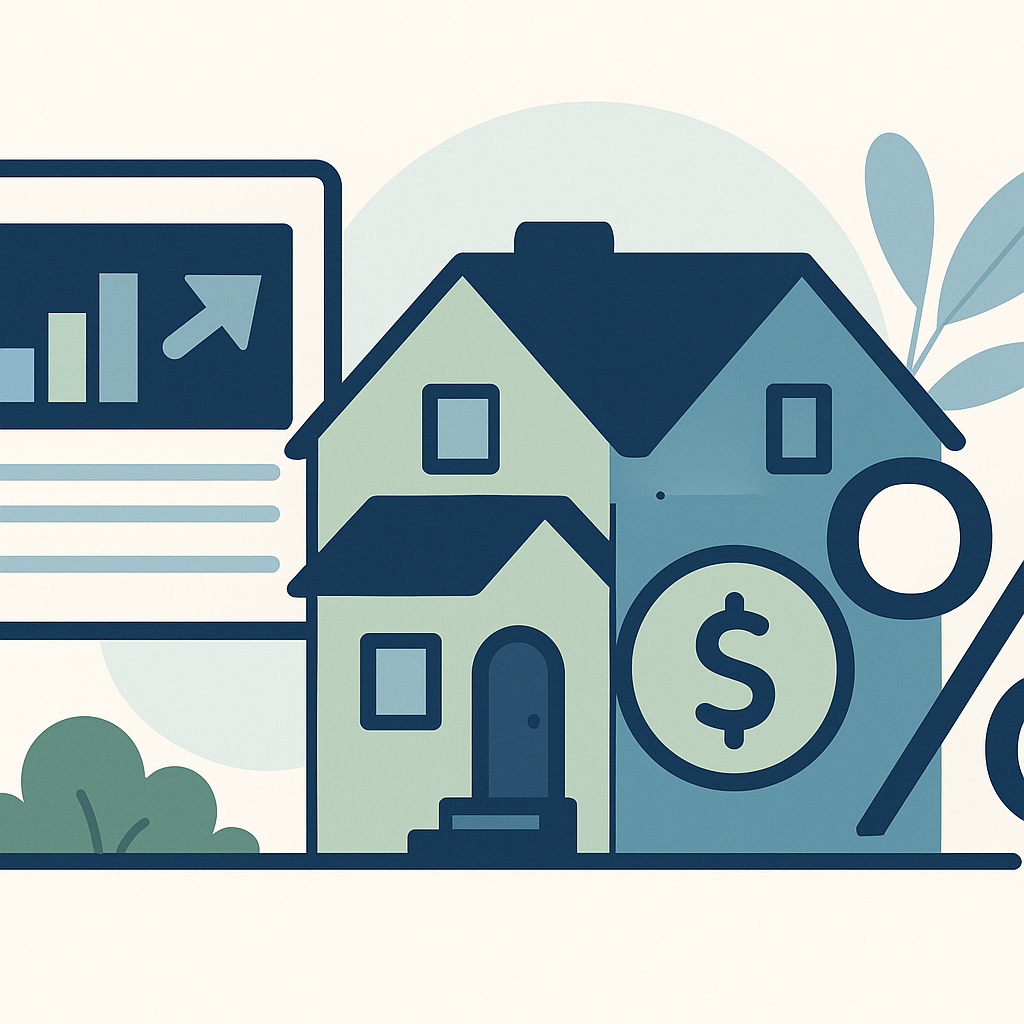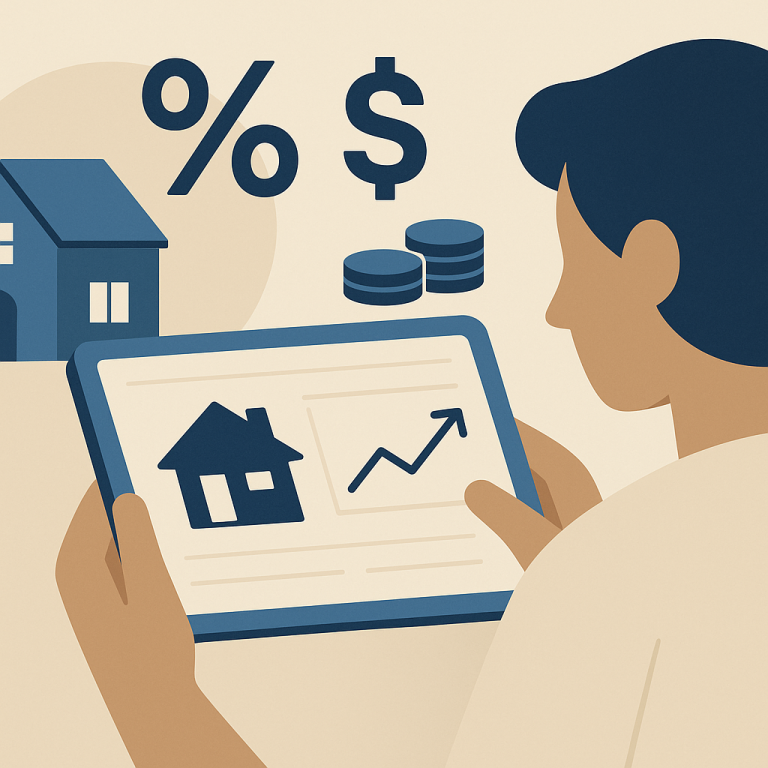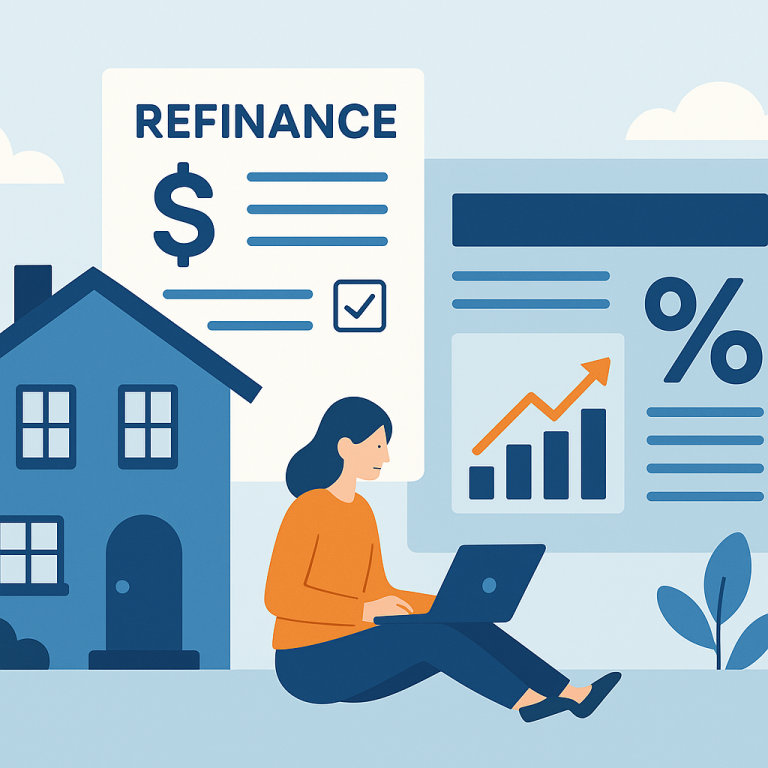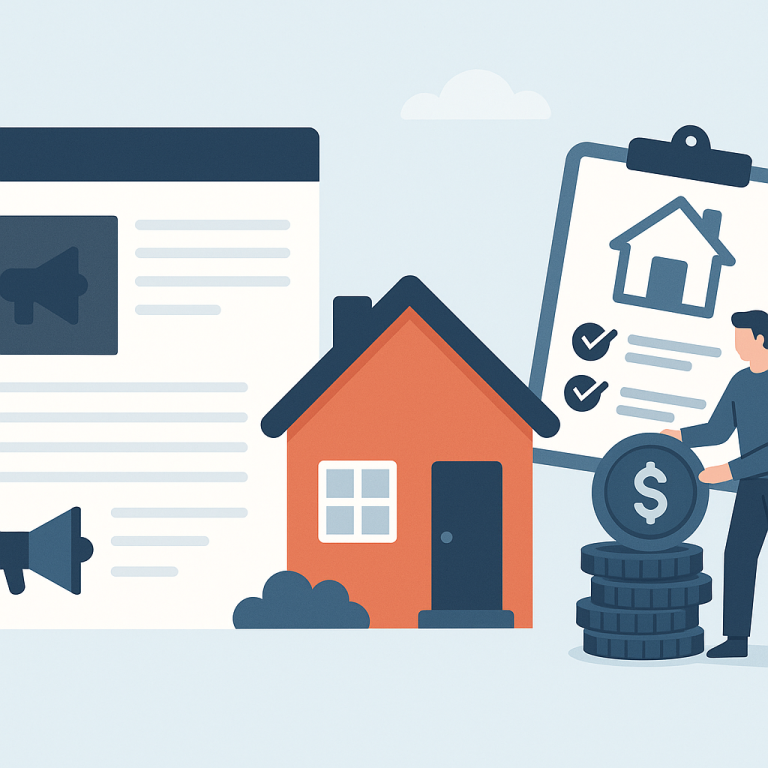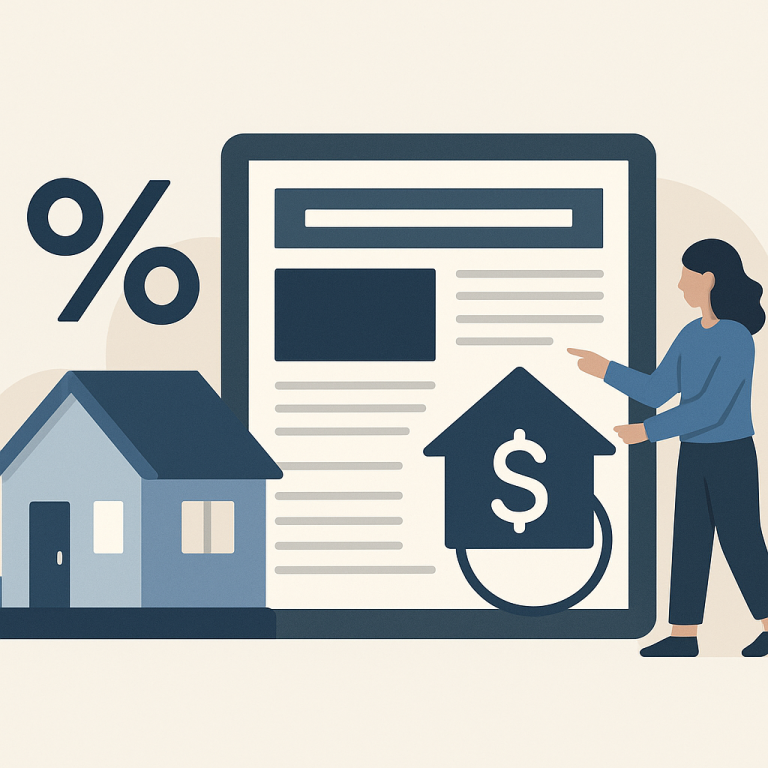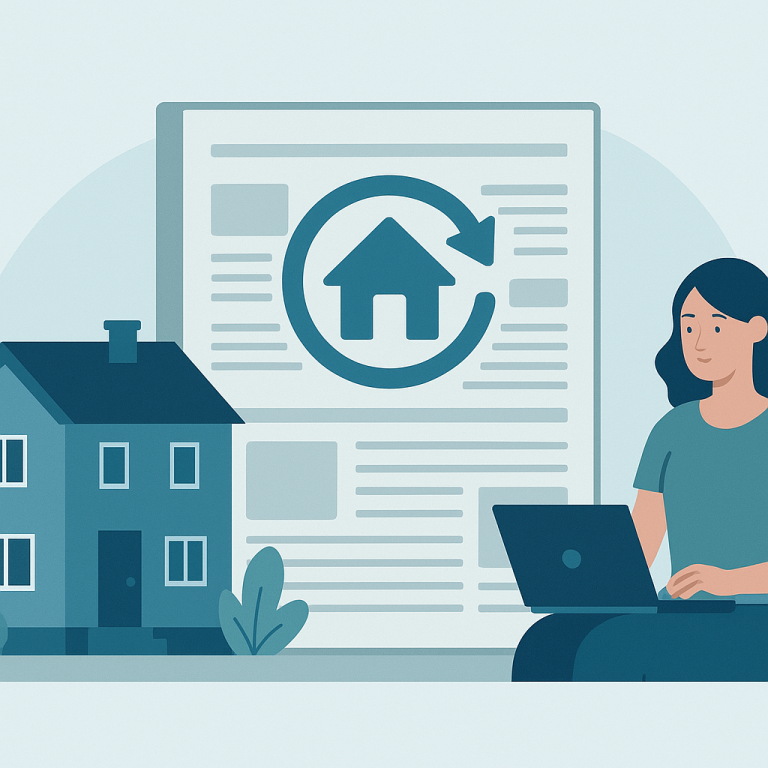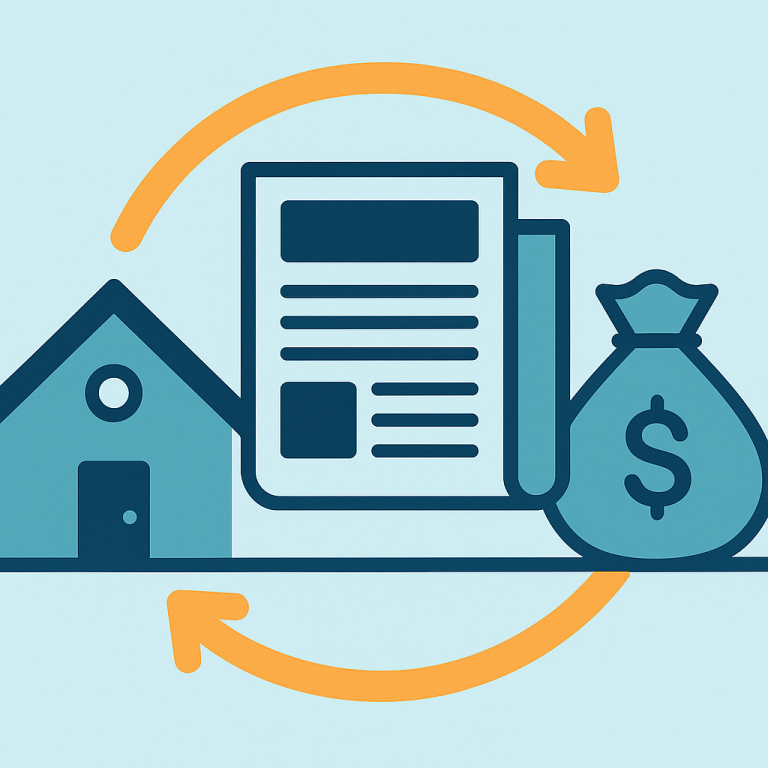30-Year Fixed Refinance Rates Fall To 5.25% As Treasury Yields Slide
At a glance: The latest mortgage rate drop and how it could affect refinancing decisions.
Mortgage rates have moved lower. That can improve affordability and may reopen refinance options for borrowers whose current rate is above today’s quotes.
What the Rate Drop Means for Borrowers
As homeowners reassess mortgage strategies amid shifting market conditions, refinancing into a shorter-term fixed-rate loan is emerging as a prominent option. The move promises lower total interest paid and faster equity accumulation, but it also brings higher monthly payments and upfront costs that can make the decision complex. Financial advisers and lenders report growing inquiries from borrowers focused on long-term savings rather than immediate monthly relief.
Industry attention is centered on the trade-off between total interest reduction and near-term cash flow. Shorter terms reduce the time a borrower pays interest and concentrate principal repayment into a smaller window. That dynamic can substantially lower the lifetime cost of a mortgage for homeowners who plan to remain in their property for several years and can afford the increased payment. Conversely, borrowers seeking to free up monthly cash or those likely to move within a short time horizon may find the benefits less compelling.
Beyond monthly payment considerations, closing costs and refinancing fees influence whether a refinance is financially advantageous. Homeowners must account for origination fees, appraisal charges and any other closing expenses when calculating the break-even point for a refinance. When the expected time in the home is shorter than the break-even horizon, the refinance may not deliver net value even if the new interest rate is lower.
Credit profile and home equity also shape refinancing outcomes. Improved credit scores and increased property value can unlock better loan pricing and make a shorter-term refinance more attainable. Some borrowers combine refinancing with principal prepayments, paying slightly more each month than required to accelerate payoff without committing to a formal shorter term; this approach can offer flexibility while still reducing total interest.
For homeowners considering cash-out refinancing, the calculus changes further. Taking equity out to consolidate high-interest debt or fund major expenses can make sense in certain circumstances, but it increases the loan balance and may counteract the interest-savings rationale behind switching to a shorter term. Careful comparison of alternatives, including home equity lines of credit and targeted debt repayment plans, is essential.
Practical takeaways for homeowners
- Run a break-even analysis that includes closing costs and the expected time you plan to stay in the home; a refinance is most beneficial if you expect to remain past the break-even point.
- Compare payment scenarios for different term lengths to confirm you can sustain higher monthly payments without straining your budget or emergency savings.
- Assess credit and equity levels before applying; better credit and more equity typically improve loan options and pricing.
- Shop multiple lenders and request a Loan Estimate to compare fees, rates and timelines rather than relying on a single offer.
- Consider hybrid approaches, such as modestly increasing payments on your existing loan, if you want some interest savings without formally refinancing to a shorter term.
- Evaluate alternatives to cash-out refinancing when you need liquidity, since tapping equity can negate the long-term savings gained by shortening the loan term.
Refinancing into a shorter-term mortgage is a strategic choice that can deliver meaningful interest savings and faster equity build-up for homeowners with the right financial profile and time horizon. The decision hinges on an honest assessment of monthly affordability, anticipated tenure in the home and the total cost of refinancing after fees. Careful comparison, realistic budgeting and a focus on long-term goals will help homeowners determine whether a shorter-term refinance aligns with their financial plan.
META: refinancing,shorter-term mortgage,homeowner takeaways

